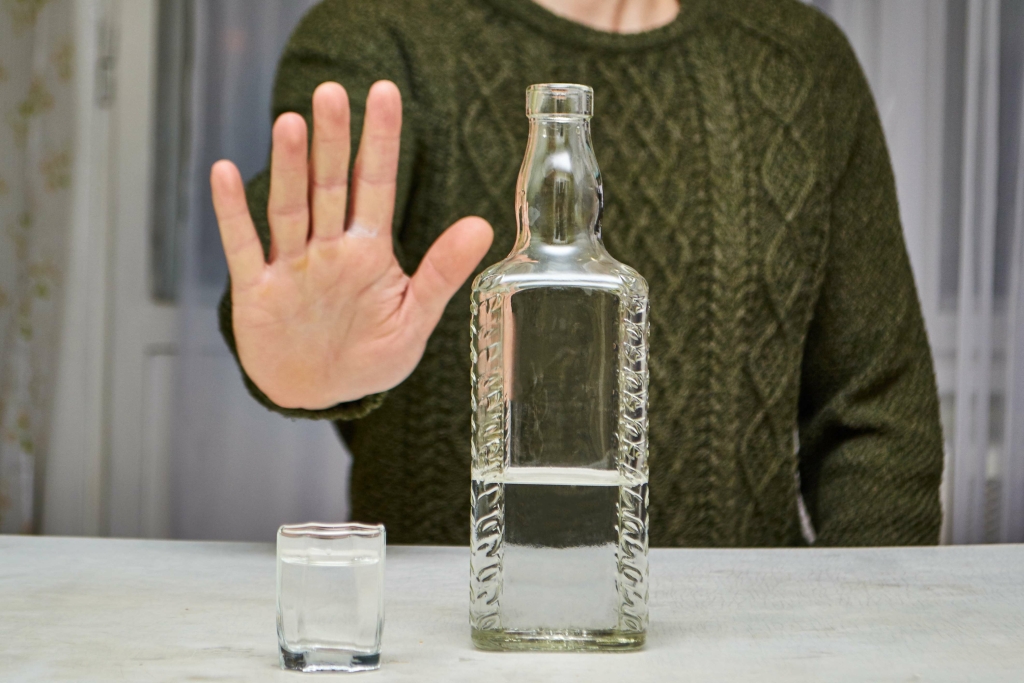Thus Asians tend to get drunk a lot faster than Americans or Europeans. The difference is so dramatic that if an Asian person with ADH deficiency consumes the average amount consumed by people in the West, they might develop an alcohol flush reaction. This response causes red blotches to appear on the skin or face and back, and sometimes the whole body due to the accumulation of acetaldehyde that cannot be metabolized. While this process is simple to understand, it’s difficult to follow. However, the process works miracles in lowering the body’s ethanol resistance.
Allergy symptoms are often more painful and uncomfortable than alcohol intolerance symptoms. In rare cases, if untreated, an alcohol allergy can be life-threatening. Researchers have found there are a few different types of tolerance that people develop in response to alcohol use. All types of tolerance are a result of your body’s adaptation to the substance, how to build alcohol tolerance but the different forms of tolerance can be exhibited in different ways. Alcohol is the most frequently consumed type of drink other than the carbonated soft beverages. Unfortunately, alcohol is an intoxicating beverage which produces effects that vary from excitement to narcosis, depending on the individual tolerance and the amount consumed.
The Definition Of Alcohol Tolerance
This effect causes a person to have reduced exercise performance. A person’s body temperature rises as they begin to exercise, and they begin to sweat. The combined sweating and alcohol’s diuretic effect makes dehydration worse if a person works out after drinking. These effects can negatively impact a person’s performance during exercise or competitions. Taking a break and reducing your tolerance is an important thing to do for your health. Breaking the cycle of drinking can prevent your body from becoming accustomed to alcohol and help to lower or ‘reset’ your tolerance.
Claims Tolerance Of Drunken Behaviour Is Contributing To … – Clare FM
Claims Tolerance Of Drunken Behaviour Is Contributing To ….
Posted: Thu, 09 Nov 2023 12:53:30 GMT [source]
Different people will not digest and develop the symptoms in the same amount of time. This happens because the ADH levels, which is the enzyme that initially metabolizes the alcohol dehydrogenase into acetaldehyde, are different for every individual. The acetaldehyde is a toxic intermediate product that is later transformed into water and carbon dioxide. ADH is our best defense against the extremely toxic effects non-metabolized ethanol produces on our cardiac and nervous systems. People who use slower variants of this enzyme are more likely to develop a resilience to booze and a dependence. As a rule of thumb, our bodies will metabolize one standard drink in one hour.
Alcohol support services
“Alcohol can lead to dehydration, and should not be used in place of water or other fluids when exercising or outside on very hot summer days,” he said. John C. Umhau, MD, MPH, CPE is board-certified in addiction medicine and preventative medicine. For over 20 years Dr. Umhau was a senior clinical investigator at the National Institute on Alcohol Abuse and Alcoholism of the National Institutes of Health (NIH).

Seeking professional assistance may be essential if you have a problem with alcohol addiction or a poor tolerance that causes unsafe or harmful conduct. The development of methods for lowering alcohol use or advice on how to safely raise alcohol tolerance may be obtained from a healthcare professional or addiction expert. Increasing one’s alcohol intake gradually over time is one method of building tolerance to alcohol. This gives your system time to become used to alcohol and develop a tolerance. Nonetheless, this activity should be done sparingly and only when it is reasonably risk-free. Alcohol is a depressant of the central nervous system, meaning it has a negative effect on how the brain and body work.
How Do I Know If I Have Alcohol Tolerance?
Although not a true allergy, in some cases, what seems to be alcohol intolerance might be your reaction to something in an alcoholic beverage — such as chemicals, grains or preservatives. Combining alcohol with certain medications also can cause reactions. Alcohol intolerance can cause immediate, uncomfortable reactions after you drink alcohol.
- But, acute tolerance typically develops into the “feeling” of intoxication, but not to all of the effects of alcohol.
- Your healthcare provider can recommend ways to limit unpleasant symptoms.
- Alcohol tolerance, which is often colloquially referred to as “holding your liquor,” tends to be viewed as a positive thing.
- You may be allergic to one of the substances in alcohol (a chemical, grain or preservative, such as sulfite).
Your nervous system communicates through inhibitory and excitatory chemicals. GABA is an inhibitory chemical that slows down activity when it’s time to rest and relax. A period of heavy drinking may cause your brain to respond by producing fewer inhibitory chemicals and more excitatory chemicals.



